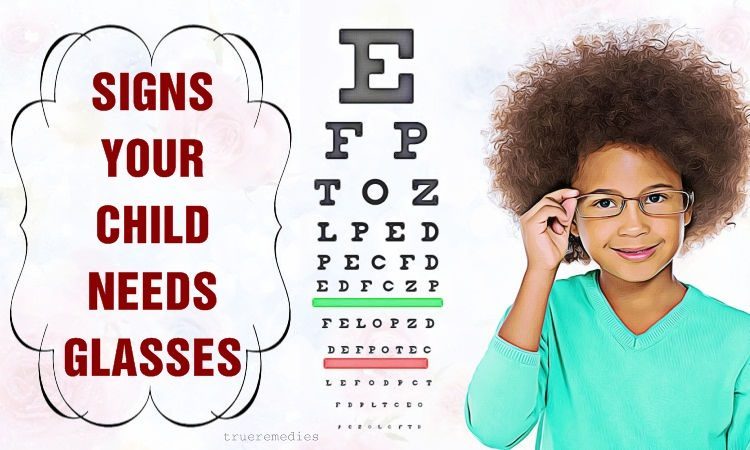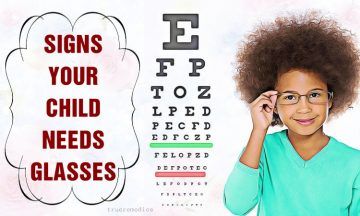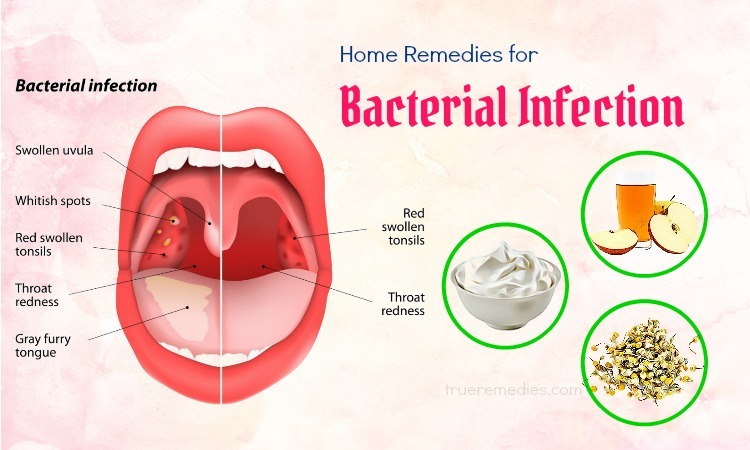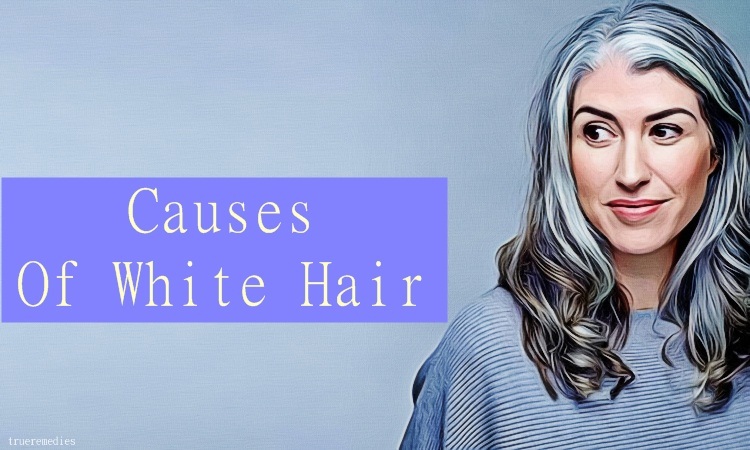Contents
- 1. Zoom Too Much
- 2. Tilt Head
- 3. Blink Or Rub Eyes Too Much
- 4. Cover One Eye To Watch Television Or Read Books
- 5. Tear More Than Usual
- 6. Be Sensitive To Light
- 7. Have Frequent Headaches
- 8. Poor Ability To Read Comprehensively
- 9. Have Bad Eye-Hand-Body Coordination
- 10. Avoid Puzzles, Detailed Or Coloring Activities
Undetected vision problems could result in poor performance of your child both in and out of the school. It is estimated that that about 80% of learning is through the eyes[1]. This is particularly true in kids. According to research, approximately 70% of the 2 million children at school age having trouble reading suffer from some forms of visual impairment like binocular or perceptual dysfunction, ocular motor, etc
Thus, it is important to have your children’s eyes checked on a regular basis in order to avoid more serious problems appearing. If you notice any of the following signs, your child might have various vision issues.
Read on this checklist of “warning signs your child needs glasses” on TrueRemedies.com!
- 28 Natural Tips To Get Clear Eyes Without Eye Drops
- 16 Natural Home Remedies For Aching Eyes Treatment
- 25 Natural Home Remedies For Macular Degeneration
10 Clear And Subtle Signs Your Child Needs Glasses To Watch For
1. Zoom Too Much
If your child tries to sit too close to the computer or TV at home, or holds objects like mobile devices and book very close to his face, it is probably a sign that he needs glasses. He might be suffering from nearsightedness[2]. This problem happens when nearby things become blurred if seen at a distance.
2. Tilt Head
As mentioned above, your child may close one eye or tilt his head in an attempt to adjust the vision’s angles to enhance clarity. It implies that his eyes are misaligned or that he is suffering from amblyopia[3]. Also known as lazy eye, this condition is among the most common eye diseases in kids. When your little one acts this action, he may be trying to minimize the double vision to a manageable level.
3. Blink Or Rub Eyes Too Much
One of the subtle signs your child needs glasses is excessively rubbing eyes. This sign is usually ignored by parents since it is rather common amongst children. However, once you notice that this action happens too frequently, it warns something more serious. It is a signal of eye strain or fatigue, which can be a symptom of vision conditions like allergic conjunctivitis[4].
TrueRemedies Partner Solutions

Need a Help from the Leading Expert Online, Available 24/7?
They’re all here and ready to answer your questions online or by phone. Keep asking questions until you get the answer you need.
4. Cover One Eye To Watch Television Or Read Books
If you see your child closes one of his eyes upon watching TV, it can be that two eyes might not work together at a time. Actually, they simply switch the eye with poor vision off, so that it does not affect their vision.
In fact, this action just provokes their risk of getting amblyopia. Sometimes, covering one eye while watching TV can be a symptom of double vision, which is caused by medical problems like strabismus or cataracts[5].
5. Tear More Than Usual
When it comes to signs your child needs glasses, a clear red flag is excessive tearing. Children usually have lagophthalmos causing the eyes to dry out during nighttime since the eyelids do not close entirely upon sleeping. As a result, this leads to excessive tearing during the daytime, which impact the eye vision negatively.
6. Be Sensitive To Light
Exotropia, type of strabismus, is a condition often associated with people with poor vision. The common symptom is squinting one eye when exposed to strong sunlight. This problem is usually known as light sensitivity – a light intolerance.
Some sources of light that cause eye discomfort are fluorescent light, sunlight, and incandescent light. One subtle symptom of light-sensitivity is frequent headaches. Check out the next sign to know if your child needs glasses or not!
7. Have Frequent Headaches
There are many reasons why a child has headaches, namely lack of sleep, stress from studying, emotion stress or dehydration. It can also be resulted from poor vision.
Farsighted children who are not appropriately treated often have frontal headaches or brow aches. The reason why they have such pain lies behind their attempt to compensate by exerting the extra effort to get rid of blurry vision. Hence, if your child often complains of episodes of headaches, approximately once per week or more, you should get them taking an annual eye examination.
8. Poor Ability To Read Comprehensively
A subtle sign of poor vision is low reading comprehension (this is also a symptom of ADD). Children, who usually complain about reading a sentence or paragraph many times without being able to remember it, need to be checked by an eye doctor.
The underlying reason is ADD condition happening when a person is thinking of other things while trying to grasp information that he is reading. Some kids with poor vision experience reading problems since they try to read every word on a page. When they cannot absorb all the information, they start thinking that they are not as intelligent as others who do not have such problems.
In this case, arranging an appointment with the doctor will help the child stay confident in this school work.
9. Have Bad Eye-Hand-Body Coordination
Eye-hand coordination is the ability of the visual system to coordinate received information via the eyes in order to take control of, guide and direct the hands to complete a given task like catching a ball. For eye-hand-body coordination, it is often associated with bike riding or playing ball.
According to a study, there is a strong connection between hand-eye coordination, social communication skills, and learning abilities[6]. In fact, most hand movements need visual input to be performed efficiently. If you have a vision impairment, it will be harder or impossible for you to perform tasks without particularized adaptations.
When the eyes do not see objects as clearly as normal, it will change how he understands and functions in the real world. Not only does it affect the hand-eye coordination of the child, but it also causes negative impacts to their emotional, cognitive, neurological, and physical development by limiting the experiences as well as the types of information to which a child is exposed.
10. Avoid Puzzles, Detailed Or Coloring Activities
If you notice the tendency of avoiding puzzles, detailed or coloring activities in your preschooler, you should be aware of his/her poor vision.
A child who avoids or refuses to participate in activities that require visual perceptual skills like puzzles, he/she may have vision problems. Having difficulty in planning actions in relation to surrounding objects, differentiating between “b, d, p, q”, remembering left and right, filtering out the visual distractions like colorful bulletin boards or movements in the rooms, etc. are some examples of vision impairment that a child might have.
Remember that most of the children show off at least one of these ten signs when they grow. Only when one or more of such symptoms disrupts or interferes with the daily life of your child, there is a good chance that poor eyesight is the culprit.
Well, if any of the mentioned-earlier signs seem alarming to you, it is advisable to schedule a visit with an eye doctor in order to have your child eyes’ checked as soon as possible.
Do you have any other signs that a child might need glasses? Don’t hesitate to share your parenting experience with us below this post!









